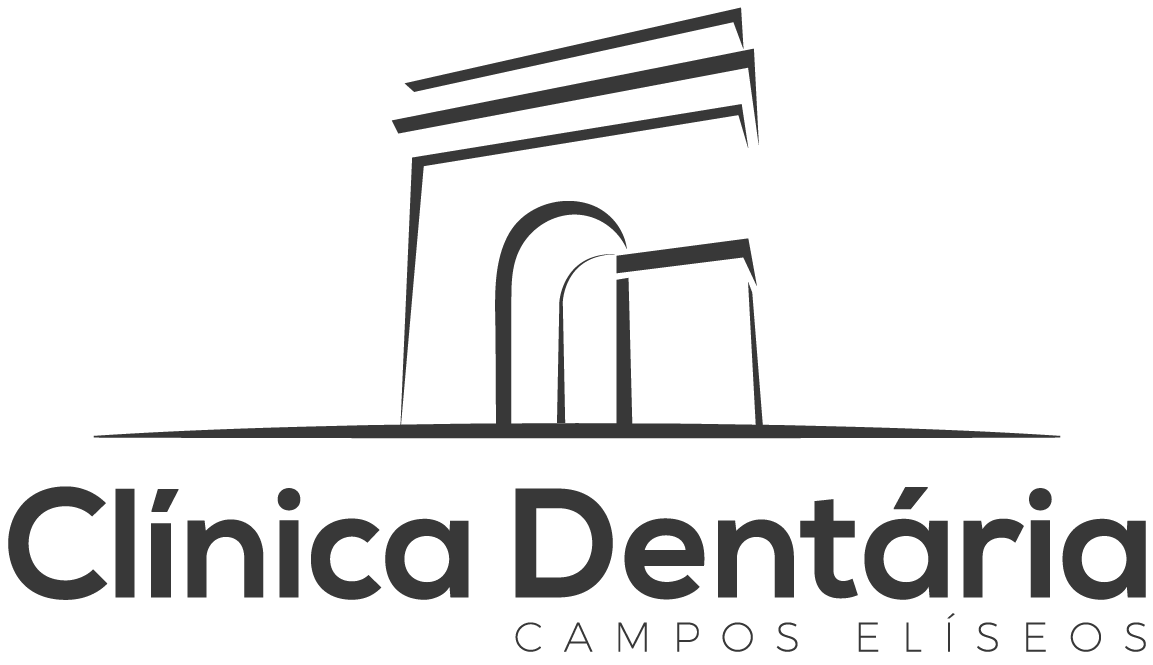
24 May The 10 Golden Rules of Good Dental Hygiene
The removal of plaque helps prevent caries and periodontal problems. Simple rules ensure good oral hygiene.
- Ideally three brushings per day are recommended. In practice, two meticulous daily brushings allow to obtain a satisfactory hygiene, if the gum is in good health. In case of gum disease, three daily brushing is essential. Do not eat or drink (other than water) after evening brushing.
- The brush used must be soft bristles, with a small head for access to all corners. Too hard hair can wear your enamel importantly over the long term. Better brushing gently and a little longer than an aggressive brushing that could damage your enamel and gums.
- The hand brush provides excellent results when used properly. Some electric brushes can achieve the same results with a little more ease.


- Always brush your teeth by moving the gum towards the tooth. At the beginning of the movement, the bristles of the brush must be placed on the gum. Be careful to brush all the faces of the teeth.
- Interdental brushes and dental floss are an integral part of brushing. Indeed, the toothbrush does not clean between the teeth. Much of the dental problems (caries, loosening …) starts between the teeth since the bacteria stagnate there. If the gingiva is healthy, the passage of brushes should be done once a day, ideally in the evening. In case of gum disease, it may be necessary to do it 2 to 3 times a day. If the interdental spaces are too narrow, the brushes should be replaced with dental floss.
- Also think about brushing your tongue. There are special instruments for this, but the toothbrush is sufficient. Indeed, the external face of the tongue is covered with bacteria which can contribute, in particular, to bad breath.
- The sprays can be used as a complement to the brush. They can be useful for removing food debris and gum massage. However, their action is insufficient to remove the bacteria from the plaque, and they do not in any way replace the toothbrush or the interdental brushes.
- Toothpaste must be fluoridated to protect against cavities. At each age corresponds a fluorine dosage. In some cases, a specific toothpaste may be advised.
- Antiseptic mouthwash should not be used on a daily basis outside the cures prescribed by the dentist.
- Certain sweet and sour foods (such as sodas or lemon) strongly damage teeth. Consume them in moderation.

Our advices
- After lunch, if you do not brush your teeth, chew sugar-free chewing gums and fluoride.
- Sharing your toothbrush is not hygienic. If you do, you may transmit or receive germs.
- Be careful, devitalized or crowned teeth should be cleaned as completely as other teeth because they are not safe from recurrence of decay.

